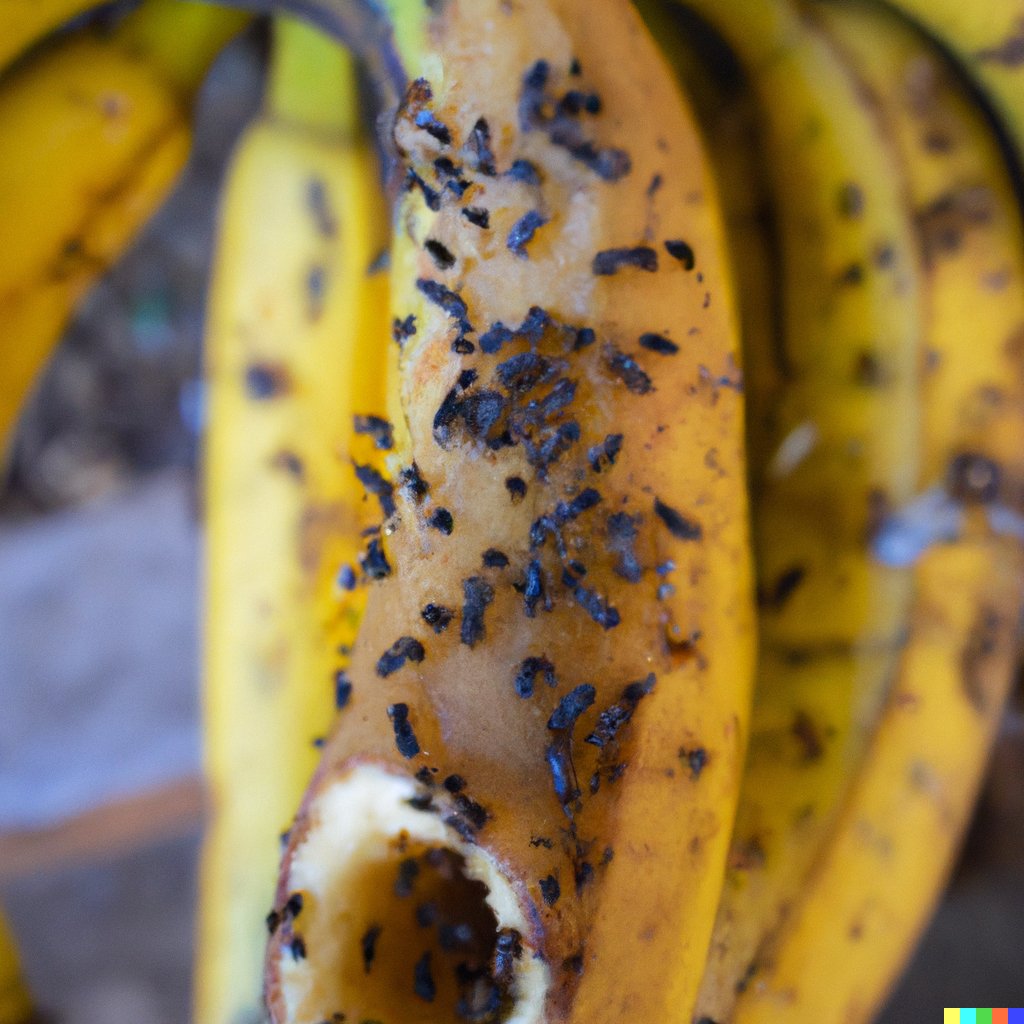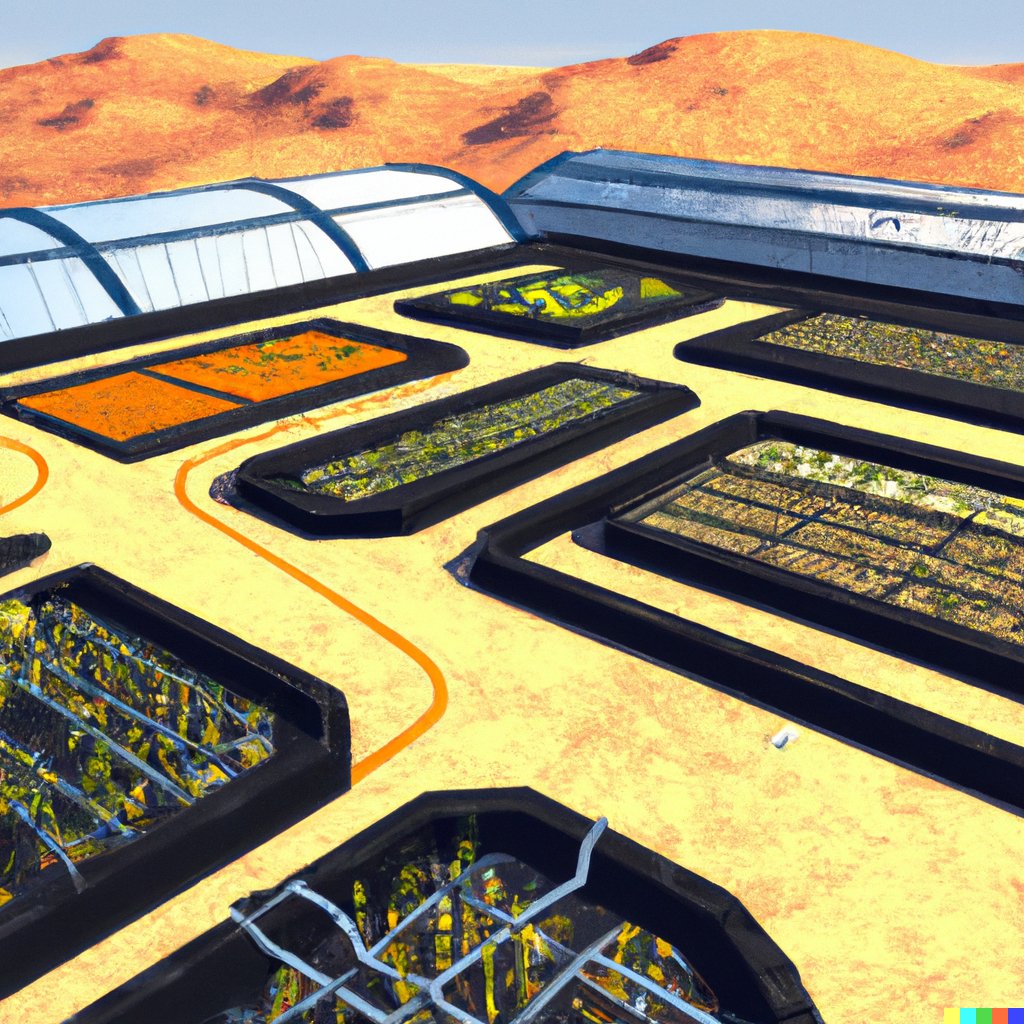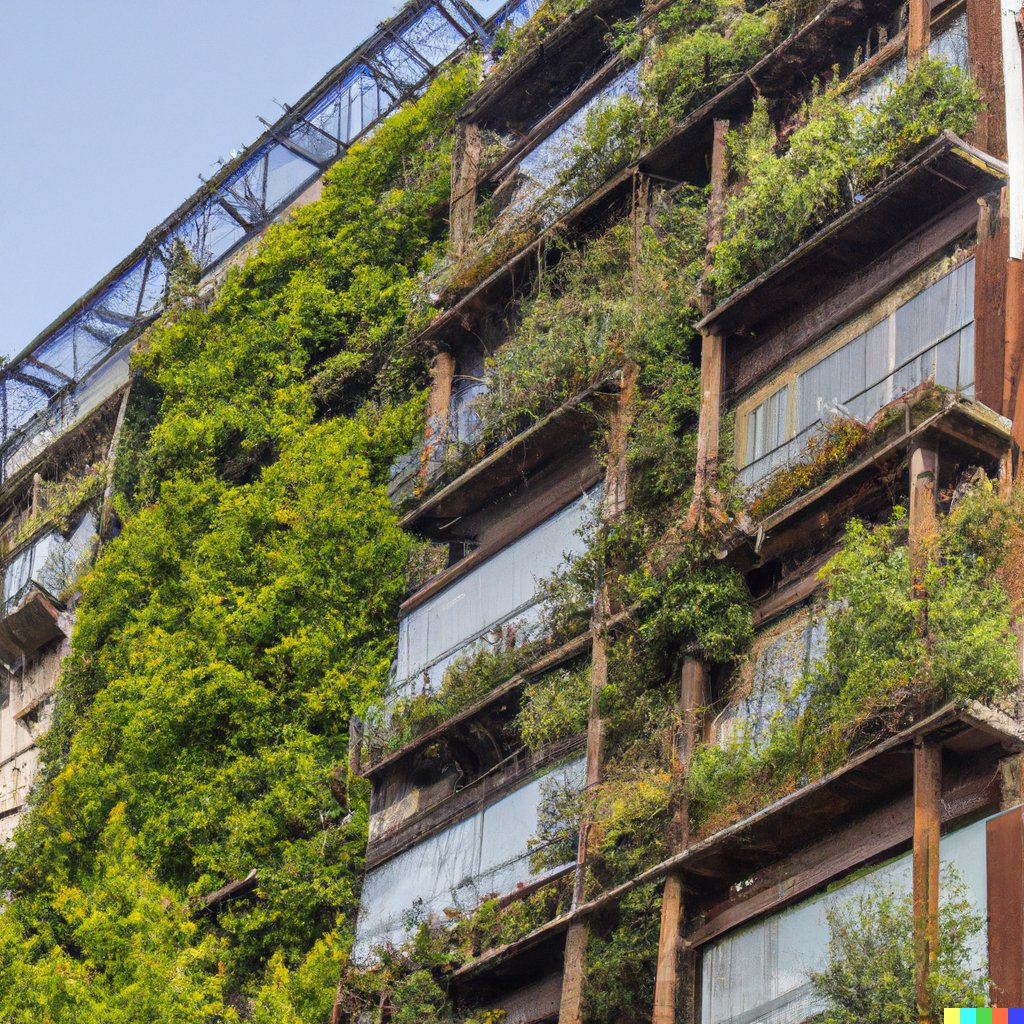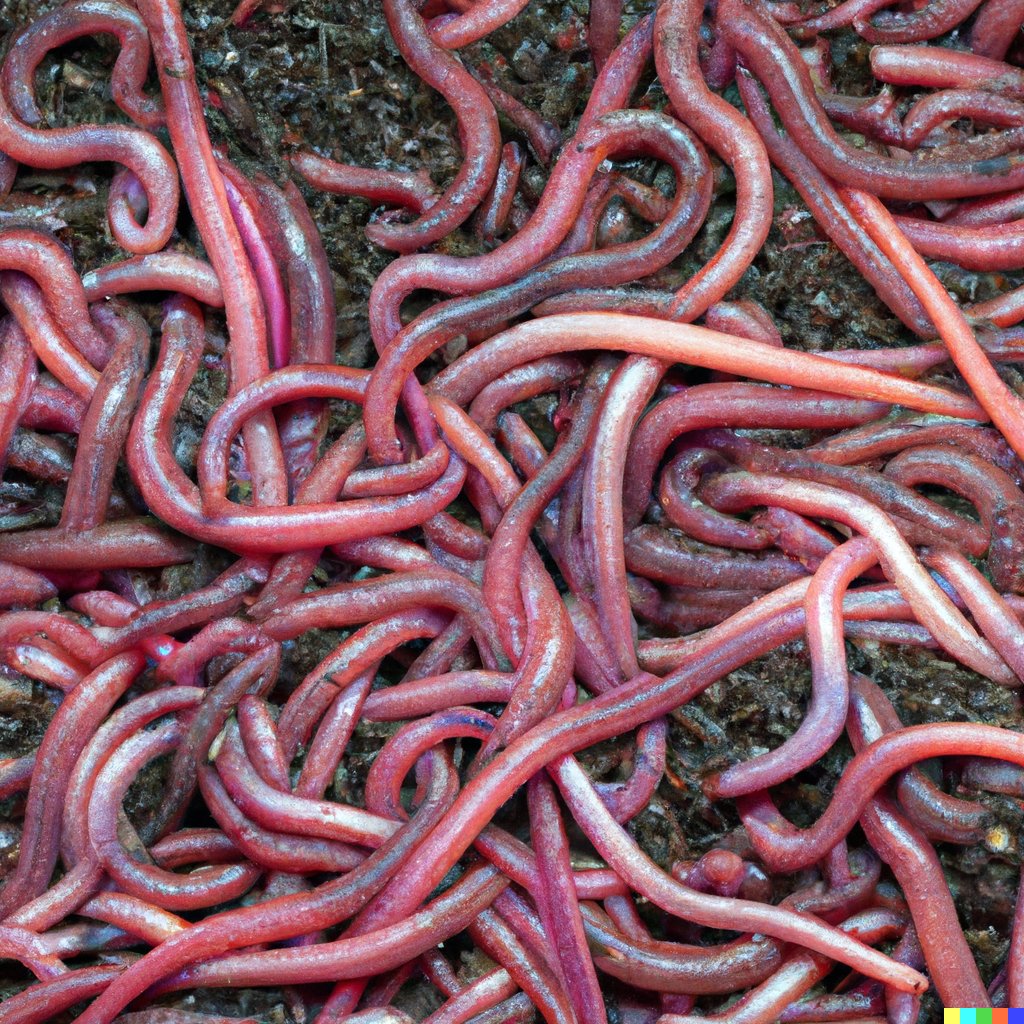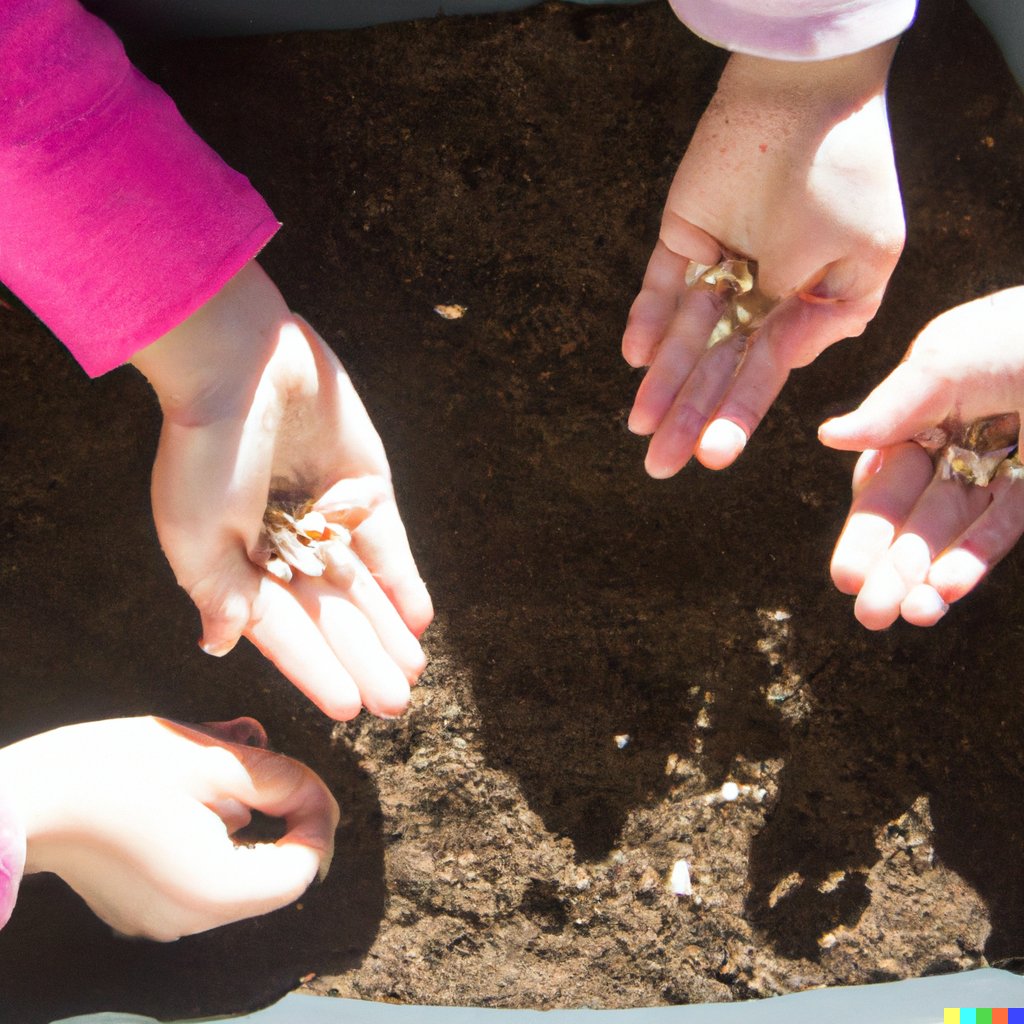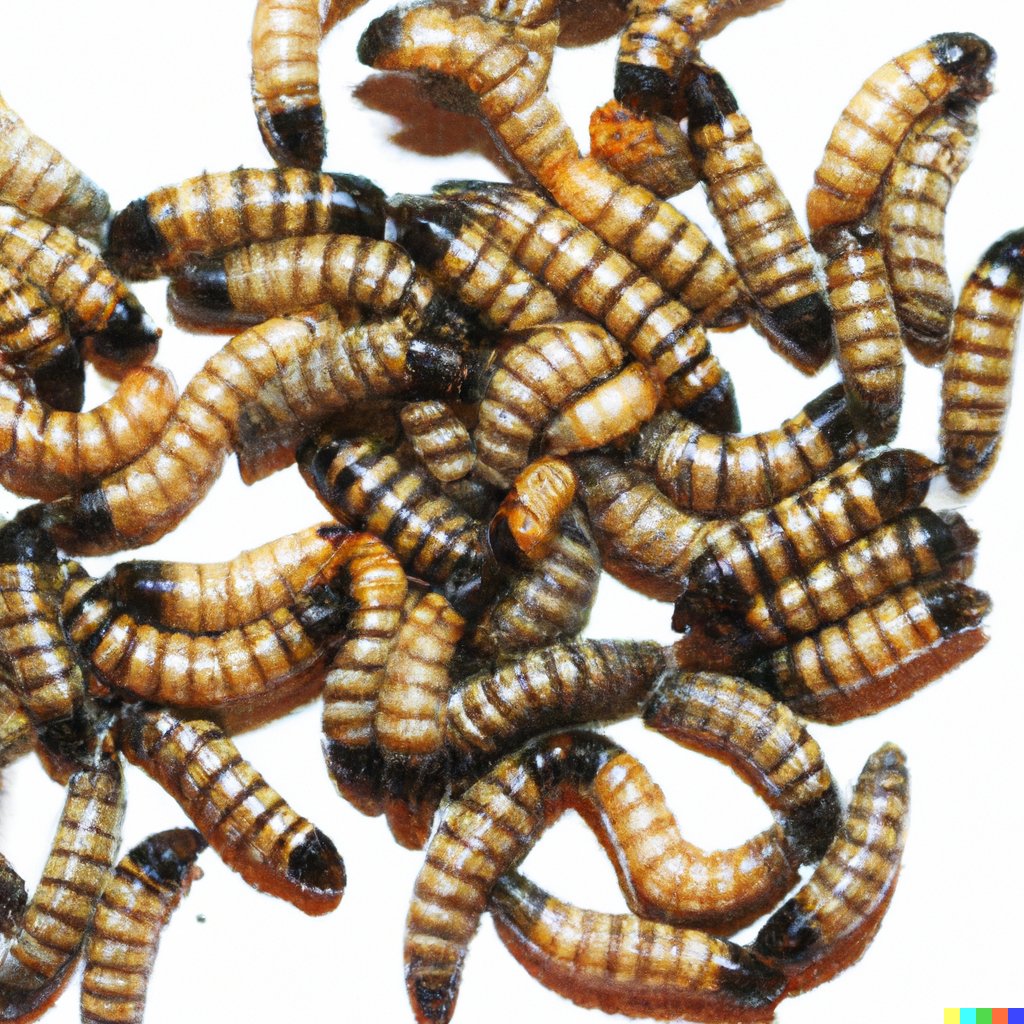
Are you tired of hearing about the growing problem of waste management in our world today? Well, you're not alone. From overflowing landfills to contaminating our oceans, it's clear that our current methods of waste disposal are unsustainable. However, there may be an unexpected solution: black soldier fly larvae. Yes, you read that right. Keep reading to discover how these tiny creatures could revolutionize waste management and reduce our environmental impact.
Understanding Black Soldier Fly Larvae
The black soldier fly larvae have a unique lifecycle. It starts with white or yellowish oval eggs laid in clusters, then the large, creamy white maggots with distinct mouthparts, followed by a dark brown, immobile pupal stage which changes into the adult. The adult has a black body with shiny wings and can't feed.
Time-wise, eggs take 4-5 days, larvae 2-3 weeks, pupae 1-2 weeks, and adults 5-8 days.
A creepy-crawly tip: these flies can be a sustainable solution for efficient waste reduction, as they cannot feed and are non-pestilent.
Efficiency in Organic Waste Processing
Maximizing the effectiveness of organic waste processing involves using Black Soldier Fly larvae. Their extraordinary consumption capabilities can lead to eco-friendly resource management.
The performance of the larvae in decomposing organic matter is remarkable. They consume a lot, break it down quickly and efficiently, and in an eco-friendly way.
These techniques have a long history. For centuries, cultures have used fly larvae for resource utilization. Incorporating these ancient principles into modern methods today could result in effective waste processing.
Methane emissions stink, but Black Soldier Fly larvae make waste management less gassy.
Methane Emission Reduction
Methane, a potent greenhouse gas, can be reduced through effective waste management practices. Black soldier fly larvae offer an innovative solution to this issue! Diversion of organic waste from landfills and implementation of these larvae can drastically reduce methane emissions. This sustainable approach not only mitigates climate change but also avoids the use of harmful chemical treatments.
In Argentina, Uncompromising Sustainable Solutions (USS) have successfully implemented this method. They are diverting massive amounts of organic waste from landfills, thus reducing methane emissions. This is a great example of how black soldier fly larvae are revolutionizing waste management and protecting the environment.
And if these larvae were in charge, there would be no waste left - just a lot of content maggots!
Compost Production and Soil Health
Black Soldier Fly larvae frass can be a powerful tool for compost production and soil health. It boasts increased nutrient content, enhanced soil structure, improved microbial activity, reduced chemical dependency and eco-system rejuvenation.
To make the most of these benefits, efficient systems must be established for rearing and feeding the larvae, plus farmers need to be educated on how this natural fertilizer can benefit their agricultural practices.
By harnessing the power of Black Soldier Fly larvae frass, we can not only manage waste effectively, but also restore our eco-systems through improved soil health. Old McDonald will be proud!
Sustainable Animal Feed Alternative
Protein-rich larvae from black soldier flies offer an innovative and eco-friendly solution for animal feed production. Studies have proven them to be a valuable substitute for traditional livestock nutrition, and a promising source for aquaculture feed. The use of these larvae can reduce resource consumption and contribute to agricultural sustainability.
| - | Protein (%) | Fat (%) | Fiber (%) |
|---|---|---|---|
| Larvae | 45 | 35 | 8 |
| Soybean Meal | 50 | 5 | 12 |
Plus, black soldier fly larvae have amazing waste management capabilities. They quickly consume and convert organic waste into biomass. Furthermore, they present potential economic benefits for sustainable utilization.
Take this revolutionary approach in waste management and animal feed production. Join the movement towards a more sustainable future by incorporating protein-rich larvae into your operations. Together, we can reduce resources and promote agricultural sustainability. Make waste glamorous with black soldier fly larvae!
Lifecycle of Black Soldier Flies
Behold the wondrous life cycle of the Black Soldier Fly! A marvelous process that highlights its sustainable and eco-friendly nature. Unveiling this biological transformation is the key to unlocking its potential in waste-to-resource management.
Check it out:
| Stage | Duration | Description |
|---|---|---|
| Egg | 4-5 days | Females lay eggs on organic matter. |
| Larva | 2-4 weeks | Feeds on waste, grows quickly. |
| Pupa | 1-2 weeks | Metamorphosis in cocoon-like structure. |
| Adult Fly | 1-2 weeks | Emerges from cocoon to mate. |
The black soldier fly larvae possess a special ability - they can consume lots of organic waste and convert it into biomass. This makes them a valuable asset for waste management.
To maximize the potential of black soldier fly larvae, we must understand their life cycle and use each stage for waste management solutions. Don't miss this revolutionary approach that can change waste into resources and help build a sustainable future.
Ready to join the buzz about waste management? Let's go with black soldier fly larvae!
Community-Scale Waste Management
Community-Scale Waste Management involves initiatives to effectively manage waste. Composting programs turn organic waste into compost. Recycling centers collect recyclable materials. And education campaigns raise awareness of proper waste disposal.
These initiatives promote environmental stewardship and responsibility. The Guardian reports that Black Soldier Fly Larvae can break down organic waste, while providing protein-rich larvae for animal feed. This slimy solution makes waste disappear.
Industrial Waste Processing Applications
Table below? Check! See actual data of industrial waste processing using black soldier fly larvae? Check!
Benefits? We've got:
- High-quality protein source for animal feed production
- Nutrient-rich compost for organic fertilizer production
- Conversion of organic waste to bioenergy for biofuel production
- Efficient removal of pollutants for waste water treatment
Plus, this approach minimizes greenhouse gas emissions and odor issues. A solution to the growing food waste disposal problem? Absolutely.
Pro Tip: For optimal larval growth and digestion efficiency, optimize temperature and moisture conditions when implementing industrial waste processing applications with black soldier fly larvae.
Feeding Livestock and Aquaculture
Using Black Soldier Fly Larvae (BSFL) in animal feed has become a hot topic. It benefits animal health, promotes sustainable practices, and pushes the feed industry forward. Let's look at the key benefits:
- Enhanced Health: BSFL-based feeds give animals essential nutrients.
- Environmental: Reduces air, water, and land pollution.
- Efficiency: Feed conversion rate boosts farming productivity.
- Innovation: Introduces novel protein sources.
This method boosts livestock growth rates, reduces reliance on traditional proteins, and applies to multiple species. A poultry farm used it in their chicken feed with great success. They saw improved weight gain and health in their birds, plus cost savings. BSFL-based feeds have the potential to revolutionize waste management and create a more sustainable future for the livestock and aquaculture industries.
However, convincing people that insects can solve waste problems may be difficult.
Regulatory and Public Perception Challenges
Semantic NLP Variation: 'Obstacles in Regulatory Approvals and Public Perception'
Regulatory and public perception challenges can be major roadblocks to the widespread adoption of Black Soldier Fly Larvae (BSFL) in waste management. These issues involve legal approval, public acceptance, educating people, and policy-making for sustainable innovation.
| Challenges | Description |
|---|---|
| Legal Approval | Getting regulatory permission and compliance can take a long time and be complex. |
| Public Acceptance | To get the public on board with BSFL larvae, extensive efforts may be needed. |
| Education and Awareness | Knowing the advantages, efficiency, and eco-friendly nature of BSFL larvae is important to overcome doubts. |
| Policy Development | Policies that support using BSFL larvae in waste management are necessary to drive adoption. |
| Sustainable Innovation | Regulators and policymakers must consider environmental concerns with innovative solutions like BSFL larvae. |
More details about the regulatory approval process include ecological impact assessments, risk assessments, and potential conflicts with laws in different areas. These can make the adoption of BSFL larvae in waste management even harder.
A real-life example shows how tricky legal frameworks can be when introducing BSFL larvae for organic waste treatment. Despite initial enthusiasm from local authorities, unfamiliarity with these solutions caused delays in getting approval. This story emphasizes the need for collaboration between stakeholders to help with sustainable innovation.
From trash to treasure, black soldier fly larvae show that even waste management can have superstars with amazing benefits!
Large-Scale Production Potential
The Innovative Potential of Large-Scale Production
Black Soldier Fly Larvae (BSFL) provide an exciting solution for waste management on an industrial scale. A look at their potential:
| Production Potential | Industrial Feasibility | Scalable Solutions |
|---|---|---|
| High yields | Cost-effective | Efficient process |
| Rapid reproduction | Low environmental impact | Versatile applications |
Exploring Beyond Traditional Methods
BSFL have plenty of implications for facility development. They convert organic waste into valuable by-products, creating a sustainable approach to large-scale waste management.
A Remarkable Fact:
Black Soldier Fly larvae reduce food and other organic wastes by up to 60%. Source: ScienceDirect.
Mother Nature's little waste disposal army! The black soldier fly larvae: with a sense of duty like a soldier, and a taste for garbage that would put a frat party to shame.
Integrating into Waste Management Systems
System Adaptation and Waste Treatment for Black Soldier Fly Larvae. Municipal involvement and eco-friendly practices are essential for successful integration into waste management systems. Sustainable infrastructure is likewise needed for long-term effectiveness.
The Black Soldier Fly larvae have already made an impact in the real world. For example, a pilot project in [City Name] saw their introduction reduce waste volume and landfill usage drastically.
Move over, waste management - the Black Soldier Fly Larvae have arrived, bringing sustainability with them!
Environmental Benefits and Sustainability
Black Soldier Fly Larvae have amazing eco-friendly powers! Their potential to reduce greenhouse gas emissions and support biodiversity is remarkable. Plus, they create sustainable ecosystems and build climate resilience.
Their conversion rates are impressive too. They can thrive in various environments, making them a great option for sustainable waste management.
To maximize their efficiency, monitor the temperature, humidity, feeding rates and harvesting cycles properly. Who knows, they may even ask for capes and masks soon!
Expanding Usage in Agriculture and Beyond
Black Soldier Fly larvae are versatile and have many benefits, so they can be used in various agricultural applications and beyond. They can revolutionize waste management and help conserve resources with a circular economy, promoting sustainability.
Let's have a closer look at the impact of these larvae:
- Waste-to-value
- Livestock feed supplement
- Organic fertilizer production
- Aquaculture feed source
- Biodegradable plastic production support
- Soil remediation assistance
Not only can these larvae convert organic waste into biomass, but they can also serve as a high-protein source for livestock feed supplements. They can replace chemical-based fertilizers by being used for organic fertilizer production.
For sustainable aquaculture practices, Black Soldier Fly larvae offer a great solution as a nutritious feed source. They have ideal nutritional profiles for fish growth and development.
They can support biodegradable plastics production by converting food scraps or agricultural residues into resources. This helps reduce dependence on finite fossil fuels and minimize plastic pollution.
Also, these larvae can help with soil remediation by breaking down contaminants naturally, providing an environmentally friendly approach.
Black Soldier Fly larvae have already transformed many waste management systems worldwide. For instance, one farm was successful in implementing these larvae in their composting process, reducing waste volume and creating nutrient-rich compost for organic farming.
It's time to let these critters work their magic and revolutionize waste management!
Future Prospects and Research
Technological advances in waste management are essential for sustainable growth and environmental progress. Investigating the potential of black soldier fly larvae as a solution is an area to focus on for future research.
Exploration of the larvae's bioconversion process on various waste streams, and its overall global effect, can provide valuable insights for waste management. Interaction with different types of organic material should be examined to guarantee optimized outcomes across all industries, without compromising environmental integrity.
To increase acceptance of the larvae, several ideas can be put into practice. Firstly, collaboration between researchers, policymakers, and businesses should be enhanced to facilitate info exchange and tech transfer. Incentives from the government, such as grants and tax benefits, could also motivate businesses to invest in this novel approach. Finally, public awareness campaigns that emphasize the benefits of larval bioconversion could generate support for its implementation.
These suggestions should be used to tackle issues and capitalize on opportunities towards a more efficient and sustainable waste management system. The integration of black soldier fly larvae into mainstream practices could make a big contribution to reducing global waste, ultimately creating a greener future for generations to come.
Can Black Soldier Fly Larvae Revolutionize Waste Management?
Yes, black soldier fly larvae have the potential to revolutionize waste management processes due to their ability to efficiently and effectively convert organic waste into valuable resources.
How do black soldier fly larvae contribute to waste management?
Black soldier fly larvae can contribute to waste management by consuming large amounts of organic waste and converting it into nutrient-rich compost and protein-rich insect biomass, which can be used as feed for livestock and even as a sustainable food source for humans.
What types of waste can black soldier fly larvae consume?
Black soldier fly larvae have been found to consume a wide range of organic waste, including food scraps, manure, sewage, and even animal carcasses. They are able to break down and convert these waste materials into valuable resources.
How do black soldier fly larvae compare to other waste management methods?
Compared to traditional waste management methods such as landfilling and incineration, black soldier fly larvae offer a more sustainable and environmentally friendly solution. They are able to reduce waste volume, decrease greenhouse gas emissions, and produce valuable resources instead of just disposing of waste.
Are there any challenges or limitations to using black soldier fly larvae for waste management?
While black soldier fly larvae have shown great potential for waste management, there are still some challenges and limitations to consider. These include the need for proper waste separation and management practices, as well as potential concerns about the use of insect biomass as a feed source for animals and humans.
Is the use of black soldier fly larvae for waste management regulated?
Currently, the use of black soldier fly larvae for waste management is not extensively regulated, but there are some guidelines and regulations in place. For example, the European Union has approved the use of insect biomass as a feed ingredient, and some countries have specific regulations for the use of insect-based products as animal feed.
Conclusion:
Black soldier fly larvae offer a promising solution to the challenges of waste management, providing an environmentally friendly and efficient method to process organic waste. Their ability to reduce methane emissions, produce high-quality compost, and serve as a sustainable source of animal feed demonstrates their potential to revolutionize the waste management industry. While challenges such as regulatory approval and public perception need to be addressed, the future of waste management with black soldier fly larvae looks bright, with possibilities for expansion and innovation in various sectors.








